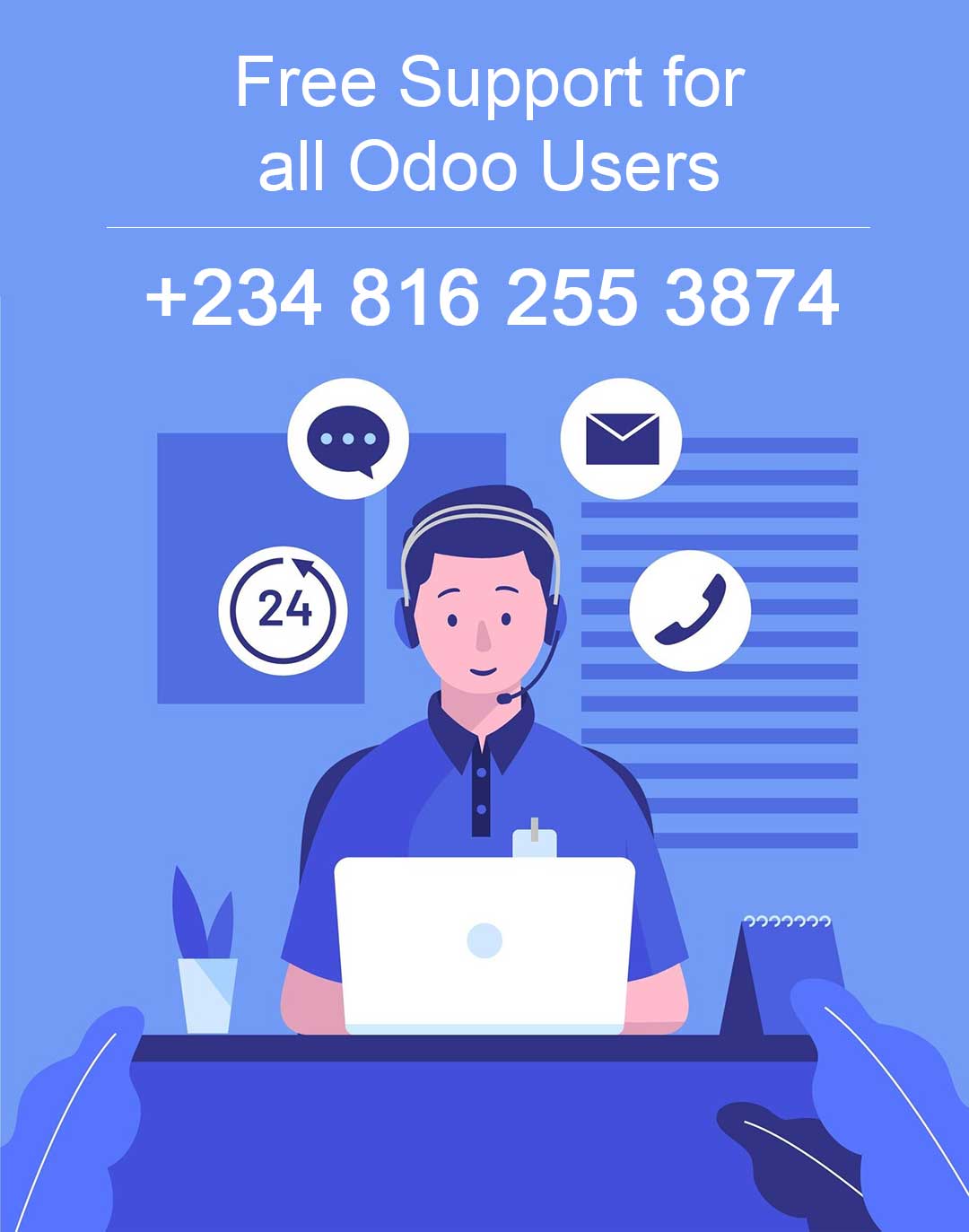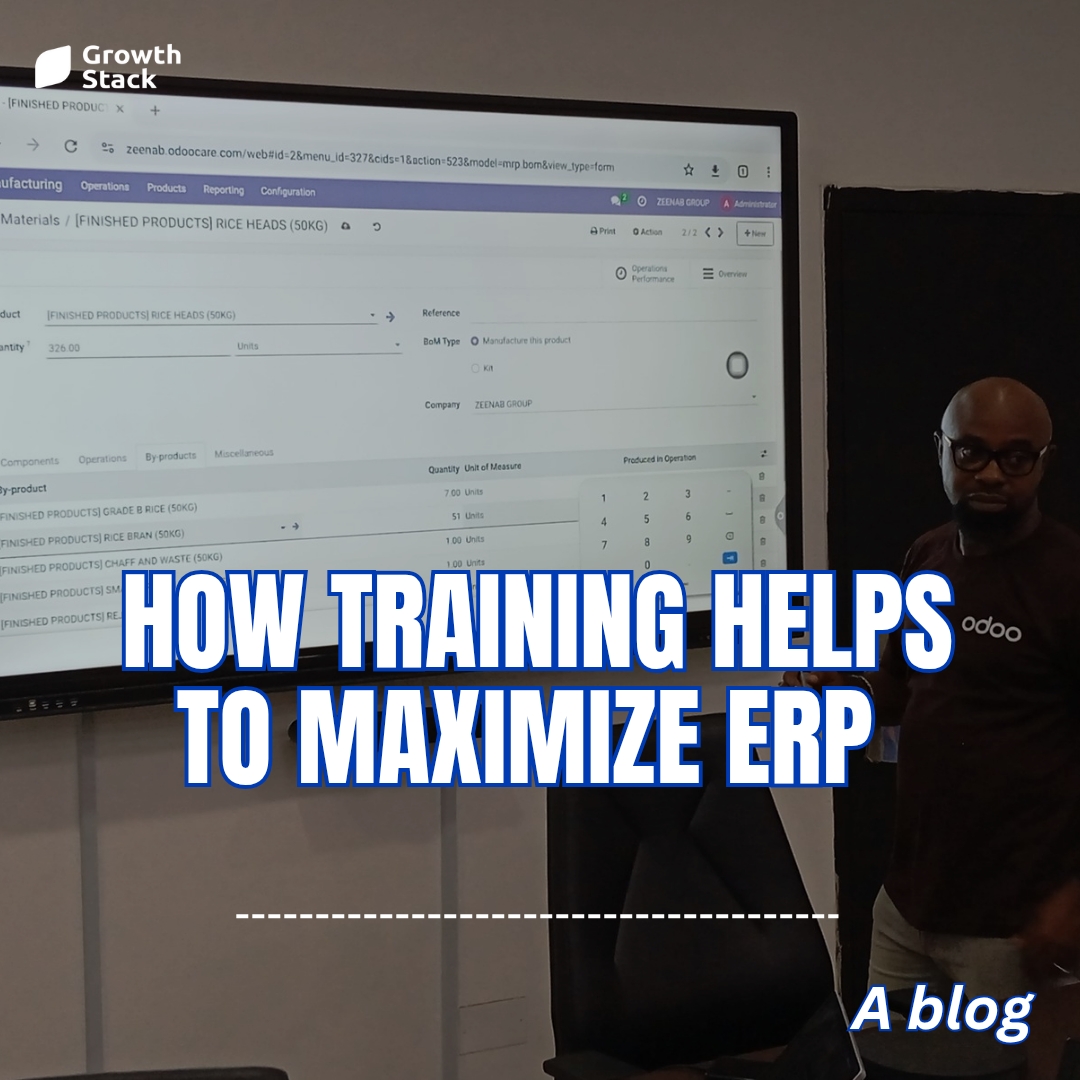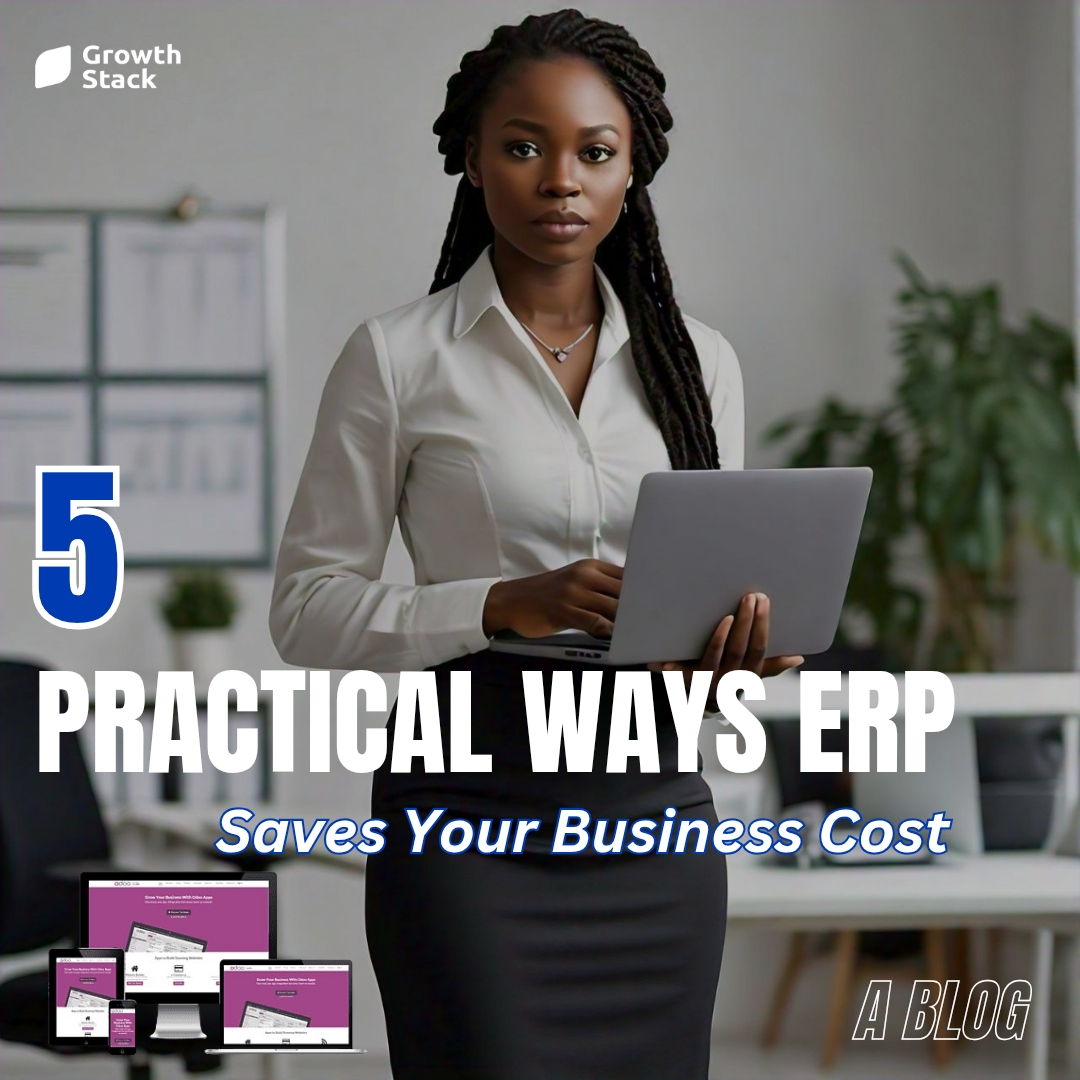These questions and answers provide a deeper understanding of ERP software various functionalities and benefits. As you explore ERP options, consider how each feature aligns with your organization’s goals and processes.
Q1: What is ERP software?
A1: ERP software is a comprehensive business management tool that integrates various processes and functions across an organization into a single unified system. It helps streamline operations, improve efficiency, and facilitate better decision-making.
Q2: What are the benefits of using ERP software?
A2: ERP software offers several benefits, including improved productivity, better data accuracy, enhanced collaboration, streamlined processes, real-time insights, and the ability to make more informed business decisions.
Q3: What modules does ERP software typically include?
A3: ERP systems typically include modules for various business functions such as finance, human resources, inventory management, supply chain, customer relationship management (CRM), manufacturing, and more.
Q4: Is ERP software suitable for all types of businesses?
A4: ERP software can be beneficial for businesses of all sizes and industries, but the specific features and customization might vary based on the organization’s needs. Small businesses to large enterprises can leverage ERP solutions.
Q5: How does ERP software improve efficiency?
A5: ERP software centralizes data and processes, reducing manual tasks and data entry. This automation and integration lead to improved workflow, reduced errors, faster decision-making, and better resource utilization.
Q6: Can ERP software be customized to fit a company’s specific needs?
A6: Yes, most ERP software can be customized to align with a company’s specific processes and requirements. Customization ensures the software caters to unique business needs while maintaining the core benefits of an ERP system.
Q7: How does ERP software enhance collaboration within an organization?
A7: ERP systems facilitate better communication and collaboration by providing a unified platform where employees can access real-time data and updates, share information across departments, and work together more effectively.
Q8: Is ERP software cloud-based or on-premises?
A8: ERP software can be either cloud-based (hosted on remote servers) or on-premises (installed locally on a company’s servers). Cloud-based ERP offers flexibility, scalability, and easier access, while on-premises ERP provides more control over data and security.
Q9: How long does it take to implement ERP software?
A9: The implementation timeline varies based on factors like the complexity of the organization’s processes, the size of the business, and the chosen ERP solution. It can take several months to a year or more.
Q10: How does ERP software support decision-making?
A10: ERP software provides real-time insights into various aspects of the business, allowing decision-makers to access accurate data and reports. This helps in making informed and strategic decisions that drive growth and efficiency.
Q11: How does ERP software handle financial management?
A11: ERP software offers financial modules that manage accounting, budgeting, invoicing, and financial reporting. It helps track expenses, revenue, and financial transactions across the organization.
Q12: Can ERP software integrate with other existing systems?
A12: Yes, ERP software is designed to integrate with other systems through APIs (Application Programming Interfaces) or connectors. This integration ensures smooth data flow between different software tools.
Q13: What role does ERP software play in supply chain management?
A13: ERP software helps optimize the supply chain by managing inventory, procurement, logistics, and order fulfillment. It ensures timely availability of resources and reduces bottlenecks.
Q14: How does ERP software handle customer relationship management (CRM)?
A14: ERP software often includes CRM modules that help manage customer interactions, sales, marketing, and service. It allows businesses to track customer interactions and provide personalized experiences.
Q15: Is ERP software user-friendly and easy to learn?
A15: Modern ERP software is designed with user-friendly interfaces and intuitive navigation. Training and support are usually provided during implementation to help users become proficient.
Q16: Can ERP software improve data security?
A16: Yes, ERP software enhances data security by centralizing information and implementing access controls. It helps protect sensitive business data from unauthorized access.
Q17: How does ERP software assist in compliance and reporting?
A17: ERP software generates accurate and detailed reports required for compliance with regulations and industry standards. It simplifies audit processes and ensures data accuracy.
Q18: What kind of support is available for ERP software users?
A18: ERP software vendors typically provide customer support, training, and resources to assist users. This ensures that users can effectively utilize the software and address any issues that arise.
Q19: Can ERP software adapt to changing business needs over time?
A19: Yes, ERP software can adapt through customization, configuration, or module additions. This flexibility allows businesses to align the software with evolving requirements.
Q20: How can businesses measure the ROI of implementing ERP software?
A20: Return on Investment (ROI) can be measured by evaluating factors like increased productivity, reduced operational costs, improved accuracy, enhanced customer satisfaction, and better decision-making.
Q21: What challenges might a business face during ERP implementation?
A21: ERP implementation can come with challenges such as data migration, employee resistance to change, customization complexities, and ensuring smooth integration with existing systems.
Q22: How does ERP software assist in inventory management?
A22: ERP software helps optimize inventory levels, track stock movement, manage reorder points, and reduce carrying costs. It ensures efficient inventory control and prevents stockouts or overstocking.
Q23: Can ERP software help with project management?
A23: Yes, ERP software often includes project management modules that aid in planning, scheduling, resource allocation, and tracking project progress, contributing to successful project execution.
Q24: Does ERP software provide real-time visibility into business operations?
A24: Yes, ERP software offers real-time dashboards and reporting, giving users instant access to critical data, enabling better decision-making and more proactive responses.
Q25: How can ERP software improve communication within a company?
A25: ERP software centralizes data and processes, promoting cross-departmental communication and reducing information silos. This fosters better collaboration and shared understanding.
Q26: Can ERP software assist in demand forecasting?
A26: Yes, ERP software can use historical data to help businesses predict demand trends, enabling better inventory planning and resource allocation.
Q27: Is mobile access available with ERP software?
A27: Many modern ERP systems offer mobile applications or responsive interfaces, allowing users to access important data and perform tasks from smartphones and tablets.
Q28: How does ERP software help with compliance to industry regulations?
A28: ERP software helps automate compliance processes by enforcing standardized procedures, maintaining accurate records, and generating reports that meet regulatory requirements.
Q29: What is the role of ERP software in human resource management?
A29: ERP software streamlines HR functions like employee onboarding, payroll processing, time tracking, performance evaluations, and benefits administration.
Q30: How can a business select the right ERP software for its needs?
A30: Selecting the right ERP software involves evaluating the company’s requirements, industry-specific needs, scalability, integration capabilities, vendor reputation, and user reviews.
Q31: How does ERP software help with multi-location management?
A31: ERP software allows businesses with multiple locations to centralize data, standardize processes, and gain better visibility into operations across different sites.
Q32: Can ERP software assist in managing customer orders and fulfillment?
A32: Yes, ERP software helps manage the entire order-to-cash process, from order entry to fulfillment, ensuring timely delivery and enhancing customer satisfaction.
Q33: What role does ERP software play in risk management?
A33: ERP software aids in risk management by identifying potential risks, improving data accuracy, enabling compliance, and facilitating proactive decision-making to mitigate risks.
Q34: How does ERP software facilitate better vendor and supplier management?
A34: ERP software helps manage relationships with vendors and suppliers by optimizing procurement processes, tracking orders, and ensuring timely deliveries.
Q35: Can ERP software be accessed remotely by employees working from different locations?
A35: Yes, many ERP systems offer remote access through secure connections, allowing employees to work from anywhere while maintaining data security.
Q36: How does ERP software support data-driven decision-making?
A36: ERP software provides real-time data and analytics, enabling businesses to make informed decisions based on accurate insights rather than assumptions.
Q37: What is the role of ERP software in improving customer service?
A37: ERP software helps improve customer service by providing easy access to customer data, order history, and communication records, enabling personalized and efficient interactions.
Q38: Can ERP software help with regulatory compliance, such as GDPR or HIPAA?
A38: Yes, ERP software can help ensure compliance by automating data management, tracking audit trails, and generating reports that meet specific regulatory requirements.
Q39: How does ERP software handle employee management and performance tracking?
A39: ERP software assists in employee management by centralizing HR processes, managing employee records, tracking performance metrics, and facilitating talent development.
Q40: Is ERP software suitable for businesses of all industries, including manufacturing, services, and retail?
A40: Yes, ERP software can be adapted to various industries, including manufacturing, services, retail, healthcare, finance, and more, by customizing modules to suit specific needs.
Q41: How does ERP software help in improving production and manufacturing processes?
A41: ERP software assists in production planning, scheduling, inventory control, and quality management, optimizing manufacturing processes for better efficiency and reduced costs.
Q42: Can ERP software help businesses manage their assets and equipment?
A42: Yes, ERP software includes modules for managing assets, tracking equipment maintenance schedules, and optimizing asset utilization to prolong their lifespan.
Q43: How does ERP software handle international operations and currency exchange?
A43: ERP software supports multi-currency transactions and localizations, enabling businesses to manage international operations, trade, and financial transactions seamlessly.
Q44: What role does ERP software play in data analytics and business intelligence?
A44: ERP software provides data analytics tools to extract insights from large datasets, enabling businesses to identify trends, make predictions, and make data-driven decisions.
Q45: Can ERP software assist in managing complex project timelines and resources?
A45: Yes, ERP software aids in project management by allocating resources, tracking project progress, managing budgets, and ensuring projects are delivered on time.
Q46: How does ERP software enhance the procurement process and vendor collaboration?
A46: ERP software streamlines procurement by automating purchase orders, managing supplier relationships, and optimizing procurement workflows for cost-effective sourcing.
Q47: Can ERP software help improve customer satisfaction and loyalty?
A47: Yes, ERP software enables businesses to offer better customer service by providing accurate information, tracking interactions, and ensuring timely order fulfillment.
Q48: How does ERP software contribute to sustainable and eco-friendly practices?
A48: ERP software helps manage resources efficiently, reduce waste, and optimize energy consumption, contributing to more sustainable business operations.
Q49: Can ERP software integrate with e-commerce platforms and online marketplaces?
A49: Yes, ERP software can integrate with e-commerce platforms, allowing businesses to manage online sales, inventory, and order fulfillment seamlessly.
Q50: How can ERP software help businesses adapt to changing market conditions?
A50: ERP software provides real-time insights, allowing businesses to respond quickly to market changes, adapt strategies, and stay competitive in dynamic environments.













